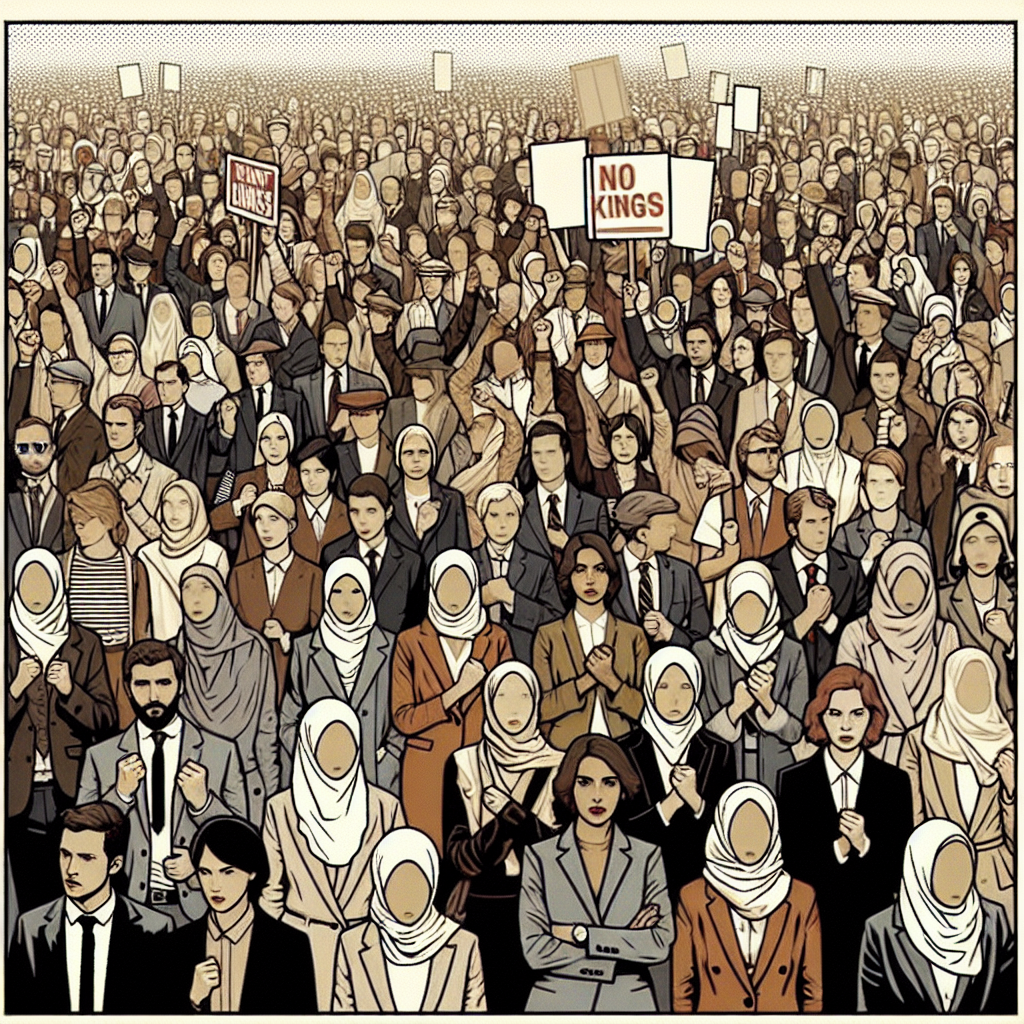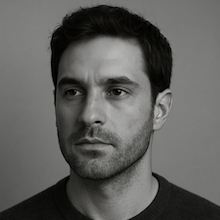
Millions of demonstrators rallied across the United States and in cities worldwide on October 18, 2025, as part of the "No Kings" protests opposing President Donald Trump’s policies and what organizers described as an authoritarian drift in his administration. The nationwide movement unfolded in all 50 U.S. states and echoed in solidarity events in cities such as London, Madrid, and Barcelona, where participants wore yellow as a symbol of unity. (Reuters)
The No Kings rallies were coordinated by over 300 grassroots and advocacy organizations, including Indivisible, the American Civil Liberties Union (ACLU), MoveOn, and the American Federation of Teachers. Organizers anticipated millions would participate in more than 2,600 events, aiming to match or surpass the scale of earlier mass demonstrations during the Trump administration. (Time)
Protests took place in major metropolitan areas and smaller towns alike. In Washington, D.C., crowds assembled on the National Mall, voicing opposition to what many described as undemocratic measures including aggressive immigration enforcement and increased militarization. A hospital worker in New York, where hundreds gathered, told reporters, "President Trump is acting like a king," and called on Americans to "stand up for democracy." Demonstrators carried signs, many in costume, denouncing fascism and current immigration policies.
One of the most notable gatherings occurred in Chicago, where approximately 100,000 people convened in Grant Park. The protest highlighted anger over recent Immigration and Customs Enforcement (ICE) and Customs and Border Protection (CBP) raids. Local officials, including Mayor Brandon Johnson and several members of Congress, attended the protest. During an altercation, Alderman Jesse Fuentes was handcuffed by ICE agents while demanding to see a warrant, further fueling tensions between protestors and law enforcement. (Axios)
Authorities responded by increasing police presence in many areas, committing to protect the right to free speech while cautioning there would be zero tolerance for violence or property damage. However, civil liberties advocates expressed concern about heightened surveillance measures, including the potential use of facial recognition technology, phone tracking, and drones to monitor crowds. "These tactics pose a serious threat to free speech and democratic participation," warned an ACLU spokesperson. (Reuters)
Reactions from lawmakers were sharply divided. While some Republican leaders characterized the protests as "unpatriotic" and referenced recent incidents of political violence, others disputed organizers’ reports on the scale of the events. Democratic leaders and organizers, meanwhile, argued the demonstrations reflected rising grassroots opposition and vowed to sustain the movement as political tensions remain high over immigration, militarization, and civil rights.
In response to the demonstrations, President Trump dismissed the protests, asserting that he does not view himself as a king. At the same time, he defended his administration’s recent enforcement actions and criticized what he called "political theatrics." Experts noted that while the protests’ immediate impact on policy remains uncertain, such widespread mobilization could empower opposition voices and energize dissent against the administration’s agenda. (AP News)
Elsewhere, solidarity rallies were held outside U.S. embassies in major cities around the world. In Europe, hundreds gathered in cities like London, Madrid, and Barcelona. Organizers encouraged participants to don yellow clothing as a symbol of unity and protest against what many see as a rollback of democratic norms. (Yahoo News)
As the demonstrations continued through the weekend, organizers urged participants to keep their protests peaceful and not to be deterred by heightened security or criticism, stressing the importance of continued civic engagement in safeguarding democratic rights.



